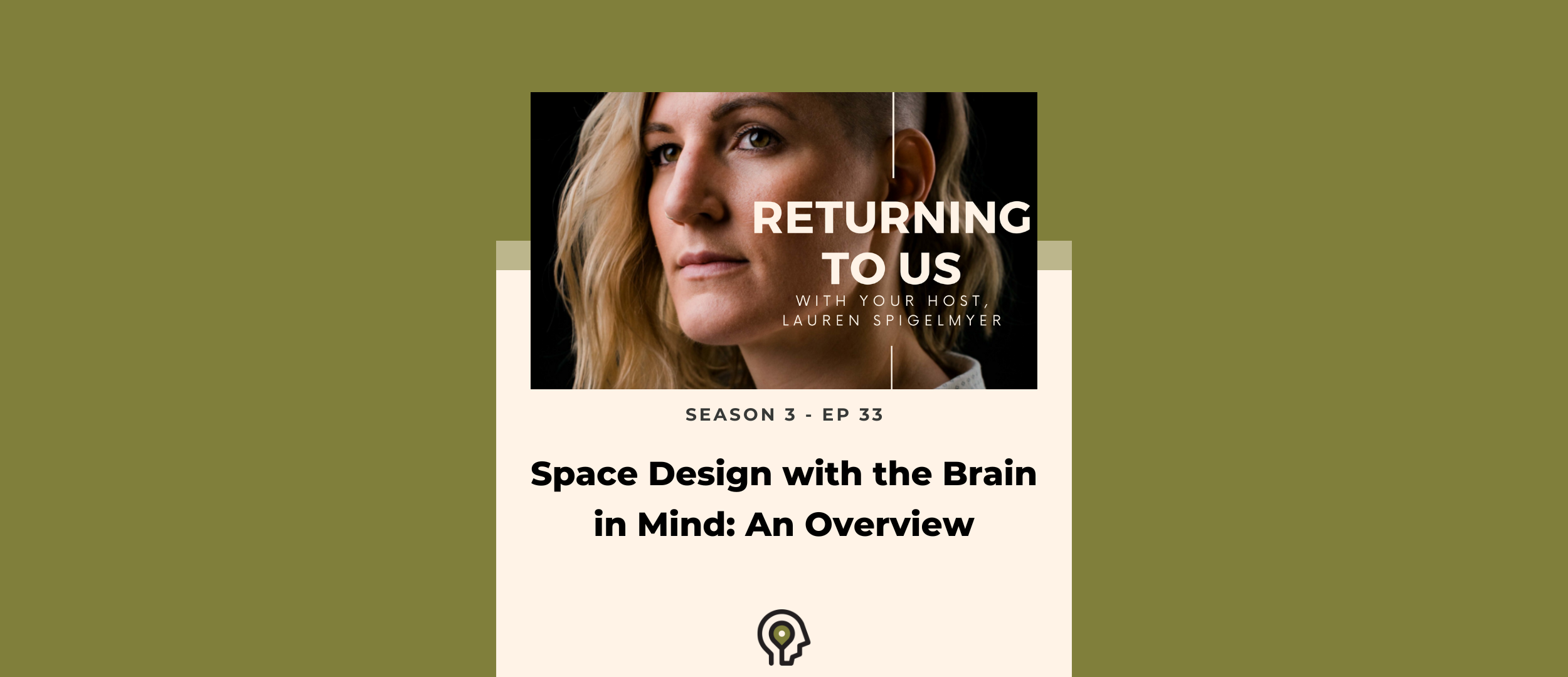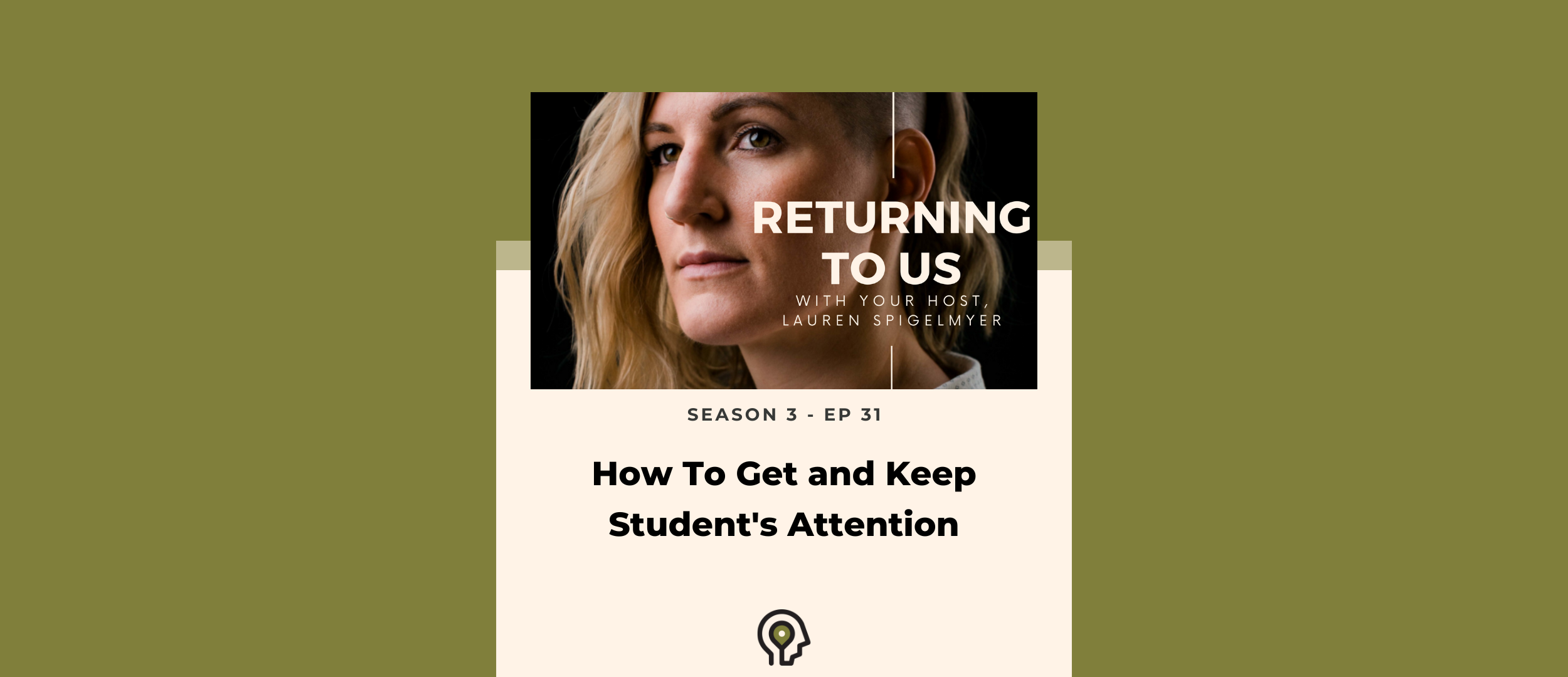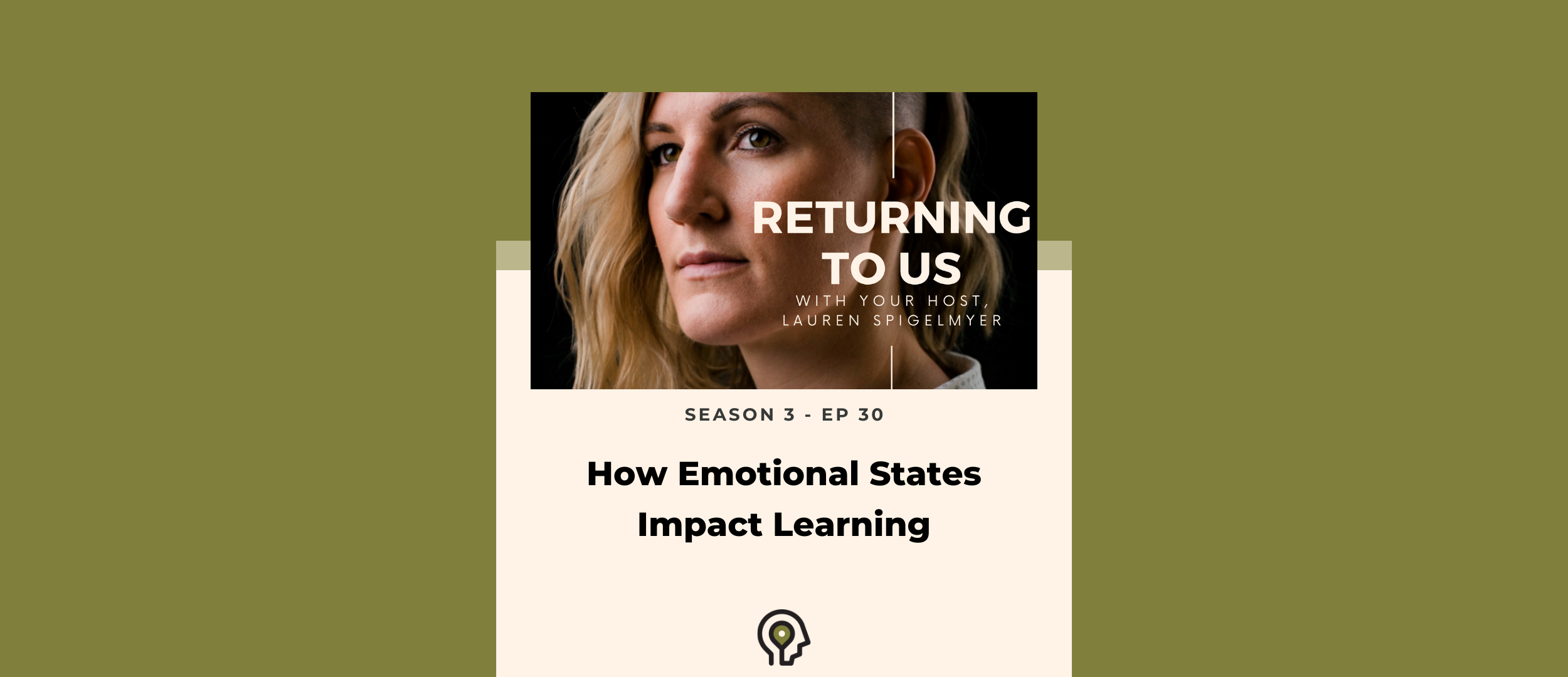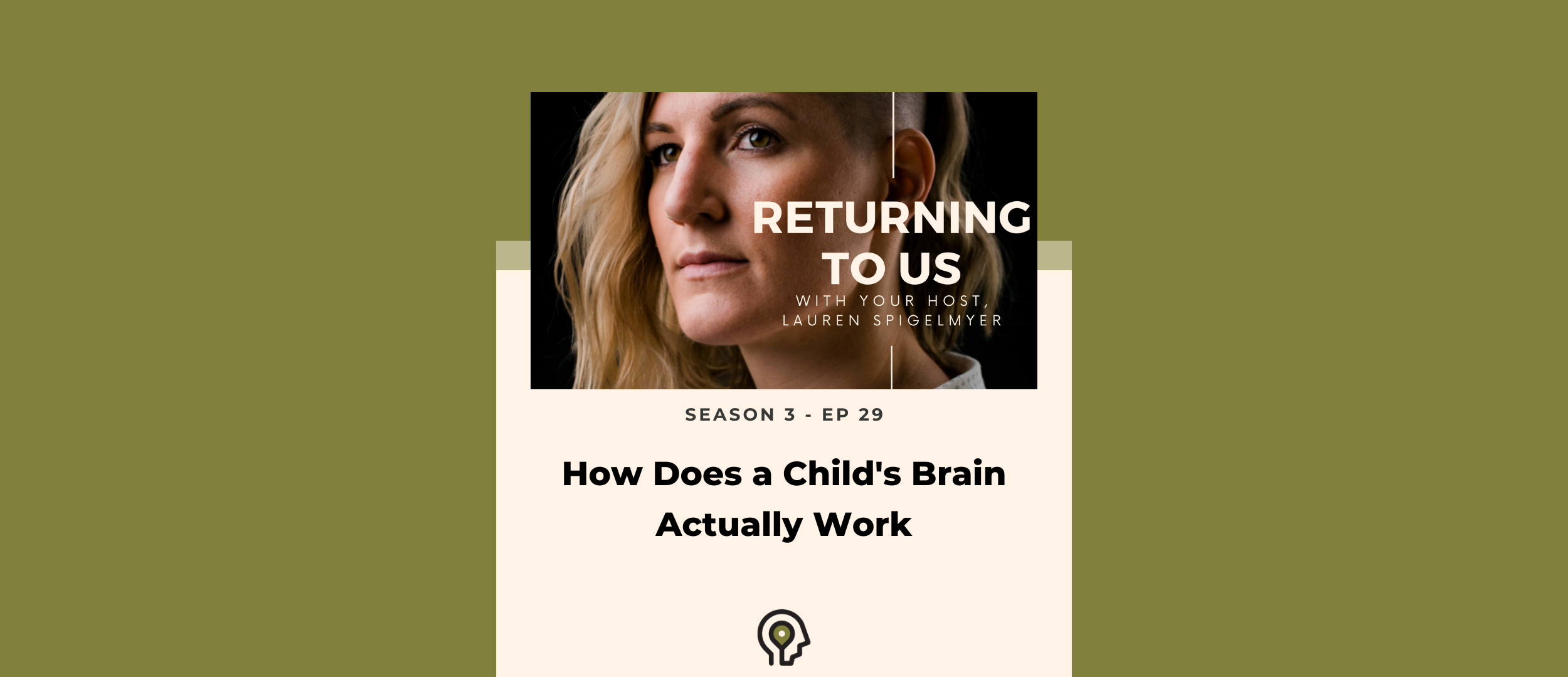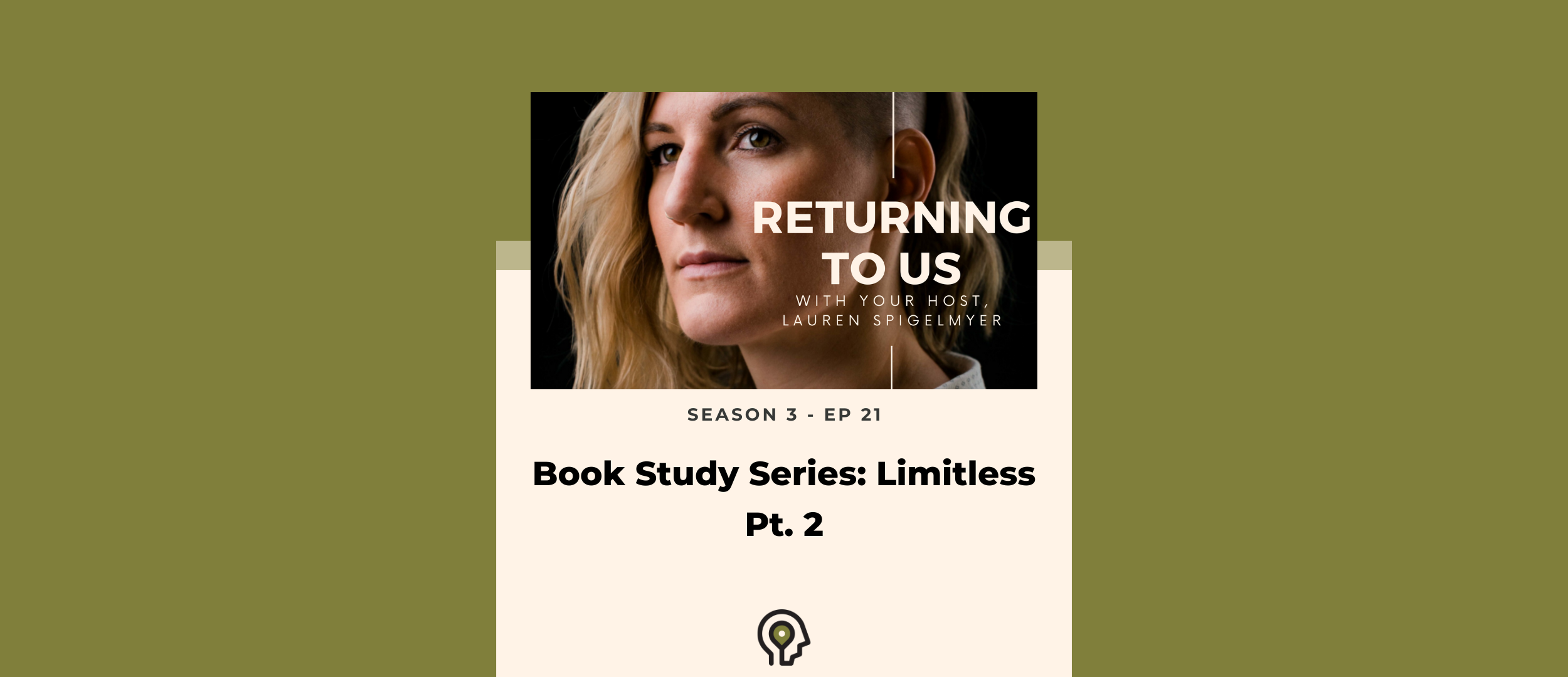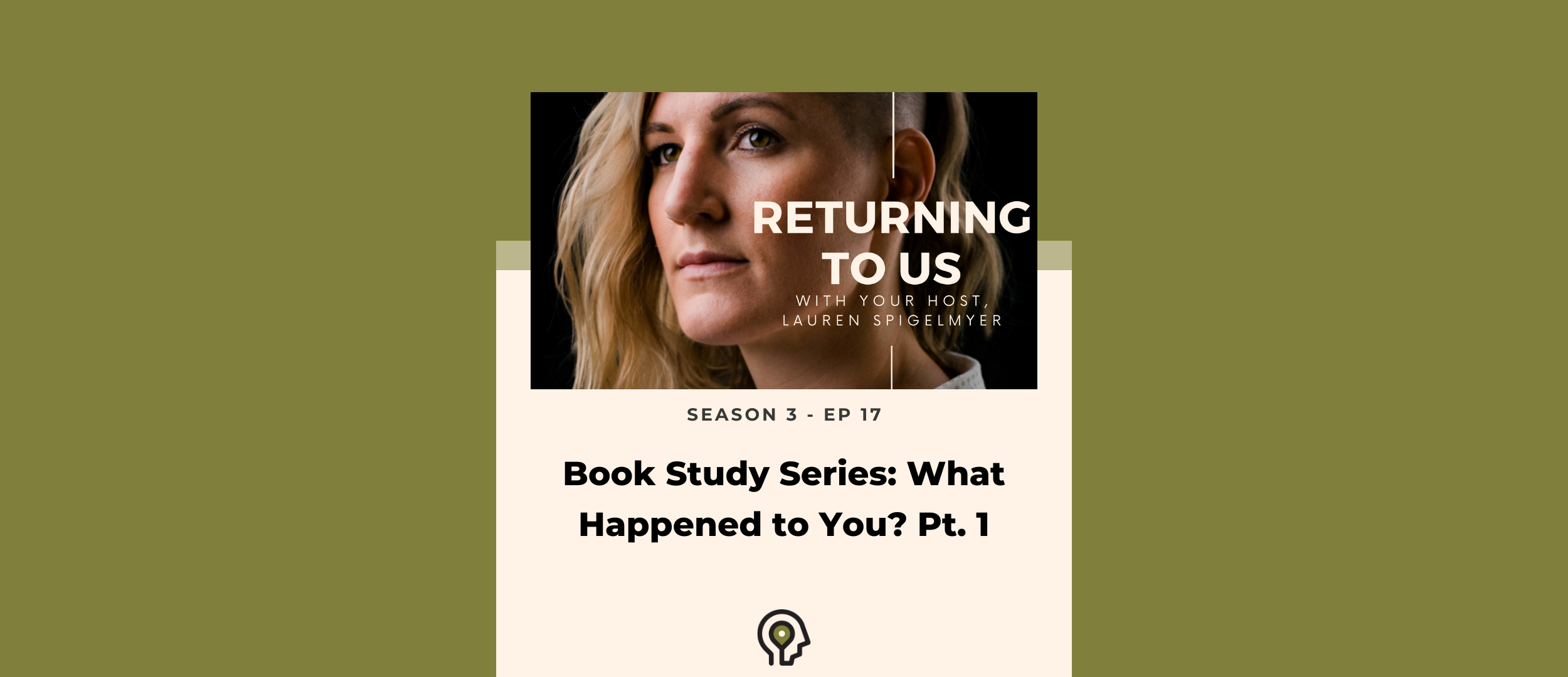In season 1 we did a series on Room Design and how to optimize spaces for better learning and attention. In this episode, Lauren gives an short overview of how to optimize spaces for nervous system regulation.
Read MoreIn this episode, Lauren, Sean, and Jessica discuss how to polyvagal theory and somatic practices to recognize the signs of a heightened physical and emotional states, connecting those feelings to programmed behaviors, and using this information to inform future responses both in ourselves and in children.
Read MoreIn this episode, Lauren walks you through how to set up your routines to help students prepare to learn, AS well as the UDL engagement guidelines: recruit interest, sustain effort and persistence, and self-regulate.
Read MoreWhen your emotional networks impact your state of mind it disrupts your ability to be present, neutral, and ready to learn. Emotional states impact attention, memory learning, and they are contagious. So, how do you teach students who have dysregulated emotions?
Read MoreIn this episode, Lauren delves into how the brain works and what to do at each stage of childhood to best help your child.
Read MoreWhen a person is under stress, especially chronic stress, they struggle to focus, can’t make smart or wise decisions, and have trouble remembering information they learn. In this episode, Lauren starts by walking through how the brain takes in and stores information. And uses that as the explanation for how the amygdala short circuits that process when under stress or trauma.
Read MoreToday’s Q&A continues the discussion around stress, trauma and emotional regulation. How to recognize it and how to help those who are struggling with their emotions and stress.
Read MoreToday’s episode is a shift from the last two. In this episode, Lauren focuses on the “continuum of self-values” created by Ross Rosenberg in his book “Human Magnet Syndrome.” This continuum orders human behavior based on 11 numerical values to represent the full range of self in relationship to others.
Read MoreLast episode Lauren discussed the five ways to solidify content in your students’ brains. This episode follow-up on that knowledge with a teaching model which prepares your learners and creates an optimal environment for learning using the before, during, and after teaching model.
Read MoreThis episode switches gears a bit in order to focus on how to teach people to listen, attend, engage, learn and remember. There are 5 steps to teaching so people remember information: pre-exposure, preview, prime, review, and revision. Lauren reviews each of these steps and gives examples on how to apply this in your teachings.
Read MoreAfter a summer break, Lauren returns with a question and answer episode focusing on stress in both kids and adults and how to process, deal, and return to stable emotional regulation after increased stress and trauma.
Read MoreIn the second part of our book study on Limitless by Jim Kwik, Lauren discusses how to make new habits stick., the activity we do everyday that is worse than smoking and how to unlock your limitless brain.
Read MoreThis episode continues our book study series. Today Lauren discusses Limitless by Jim Kwik. This book discusses brain development, how to make the things you learn stick, why mutli-tasking is possible but not a good idea, why holding on to emotions is detrimental for your health, and how emotion and irrationality influences your long-term memory.
Read MoreIn today’s episode Lauren discusses how trauma travels through families and through generations. Trauma and the relationships that create trauma are passed on from one generation to the other. However, these patterns can be broken and today’s episode helps you begin the journey of breaking those patterns.
Read MoreToday is the third, and last, episode with Lauren discussing some of, “What Happened to You: Conversations on Trauma, Resilience, and Healing” by Bruce Perry and Oprah Winfrey. This episode focuses on chronic stress and emotional regulation.
Read MoreToday is the second episode in our “Book Study Series.” We are continuing our discussion of “What Happened to You: Conversations on Trauma, Resilience, and Healing” by Bruce Perry and Oprah Winfrey. Today’s discussion focuses on personal and societal narcissism, our distracted lifestyle, and the importance of being present in our daily lives.
Read MoreToday is the first episode in our “Book Study Series.” We are kicking it off with a book released in 2021, “What Happened to You: Conversations on Trauma, Resilience, and Healing” by Bruce Perry and Oprah Winfrey.
Read MoreToday is the third, and last, episode in a mini-series of teacher questions and Lauren saved the toughest questions for last. Lauren reached out to different school districts and teachers for a list of their most pressing questions to answer. While these were asked by teachers there is a lot of information that relates to parents and other caregivers. Don’t miss this episode.
Read MoreToday is the second episode in a mini-series of teacher questions. Lauren reached out to different school districts and teachers for a list of their most pressing questions to answer. While these were asked by teachers there is a lot of information that relates to parents and other caregivers. Don’t miss this episode.
Today is the first episode in a mini-series of teacher questions. Lauren reached out to different school districts and teachers for a list of their most pressing questions to answer. While these were asked by teachers there is a lot of information that relates to parents and other caregivers. Don’t miss this episode.
Read More
